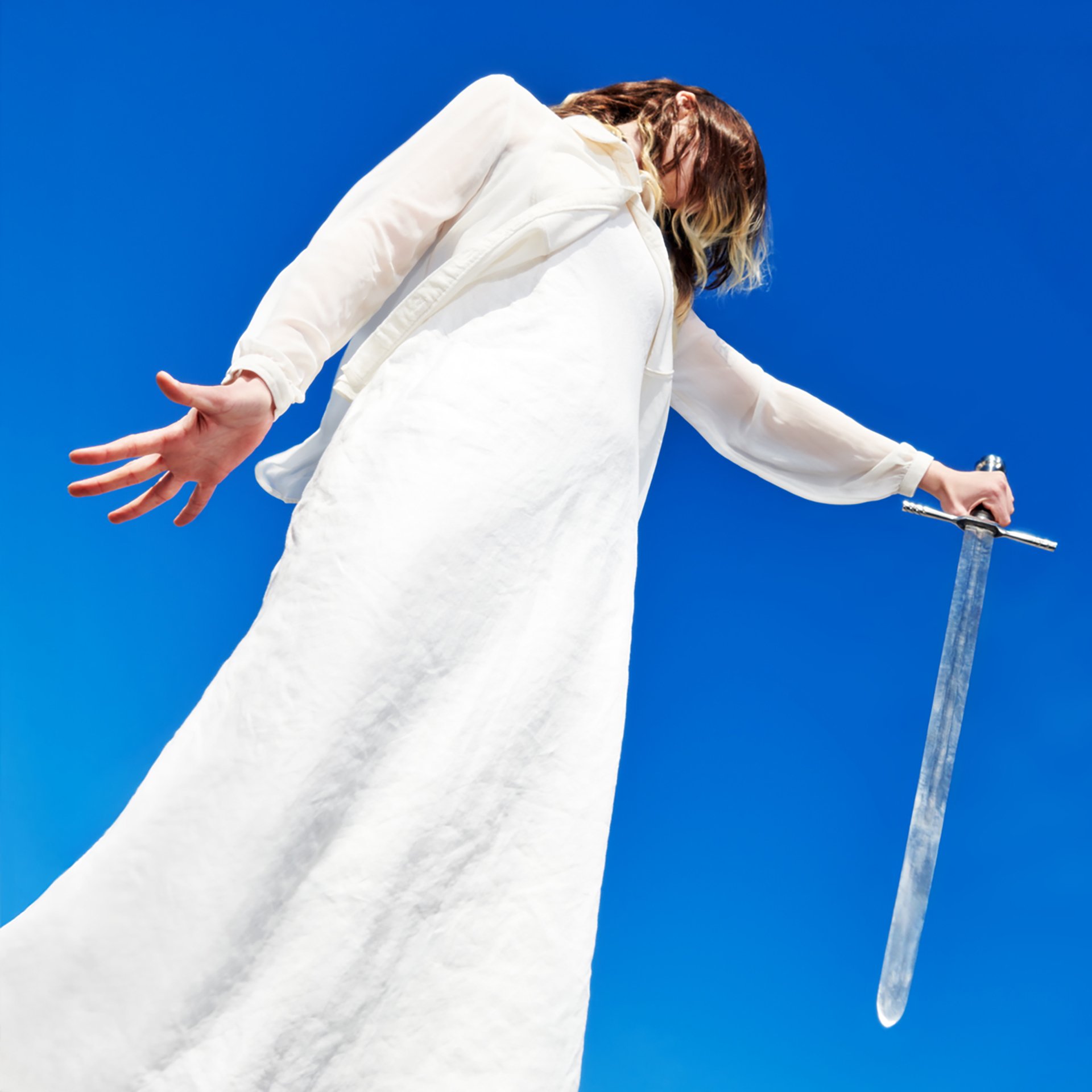Across the way sits a businessman. Salt and pepper hair. Rimmed glasses. Neatly pressed suit. Not an unusual sight. The thing you don't see much of anymore is the item in his hands: a newspaper. In a world of tablets and smartphones, it has a presence. Not only is the newspaper so much bigger, but it announces its existence. There's the crinkle of a turned page. The thwap as the reader jerks the paper to get a better look at some article.
You glance at the front page. In bold letters the headline reads: Mayor Washes Hands of City Poverty Spike. You caught the press conference on TV this morning as you grabbed breakfast. City Hall announced that it was slashing funds to various shelters, job programs, night classes, and other services offered to the poorest living within its jurisdiction.
The mayor did not seem to like this decision. You could see the tiredness etched in the lines on his face. Yet his final statement rang out when you glance back at that newspaper headline:
I believe we have done all that we can to aid these citizens of our fair city.
Sitting next to the three-piece suit with a newspaper is a woman. She is probably middle-aged but it's hard to tell. Her hair is unkempt. Her face is covered with a layer of grime. A dirty gray sweatshirt hangs loosely over her frame. A handful of plastic bags languishes around her feet. She is tired, weathered, and worn.
You have to stop yourself from staring at her because you can't believe the juxtaposition. And you think about the businessman and the headline. You think about the mayor saying he has done all he can and whether he would say that to this woman. Would he look into her weary, bloodshot eyes and say, "I'm sorry, but we can't help you anymore."
The brakes hiss and she stands up to exit. The businessman takes no notice of her. He likely has trained himself to render people like the woman invisible. The mayor, the businessman should do something. Righteous angers swells in you until you realize that you did nothing either. You noticed her, but you did not say a word.
The doors slide closed. You and the businessman sit in the same place. Both of you having washed your hands of the poor—washed your hands of this woman—just like the mayor. Yet you realize that your hands aren't clean. You see her lumbering up to the street as the train pulls away. Then you see the tiles. The blur. The darkness.






